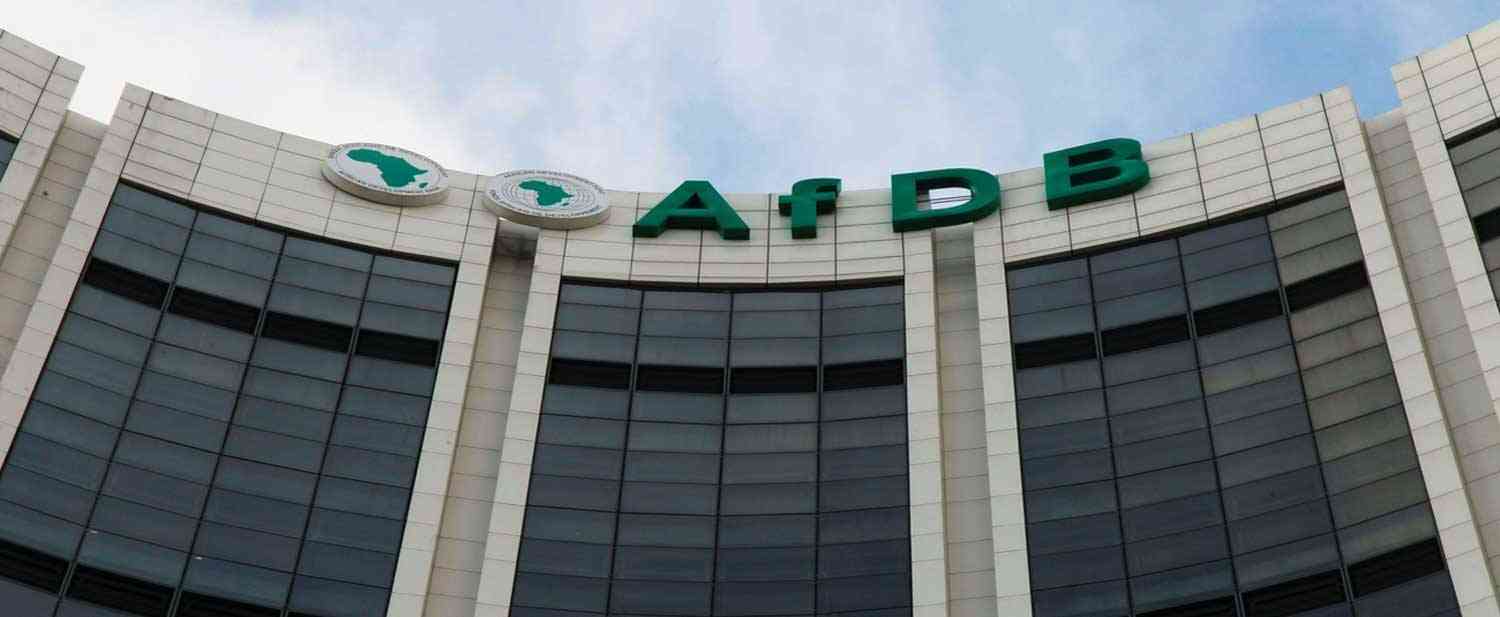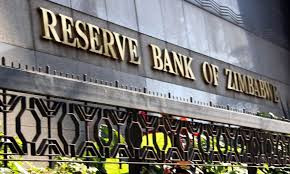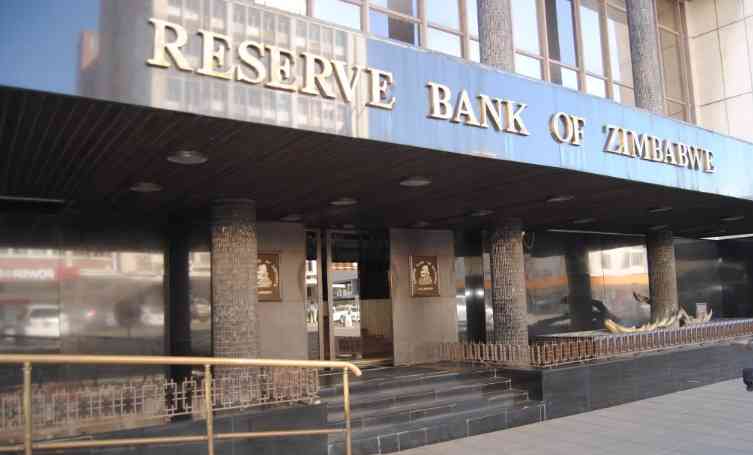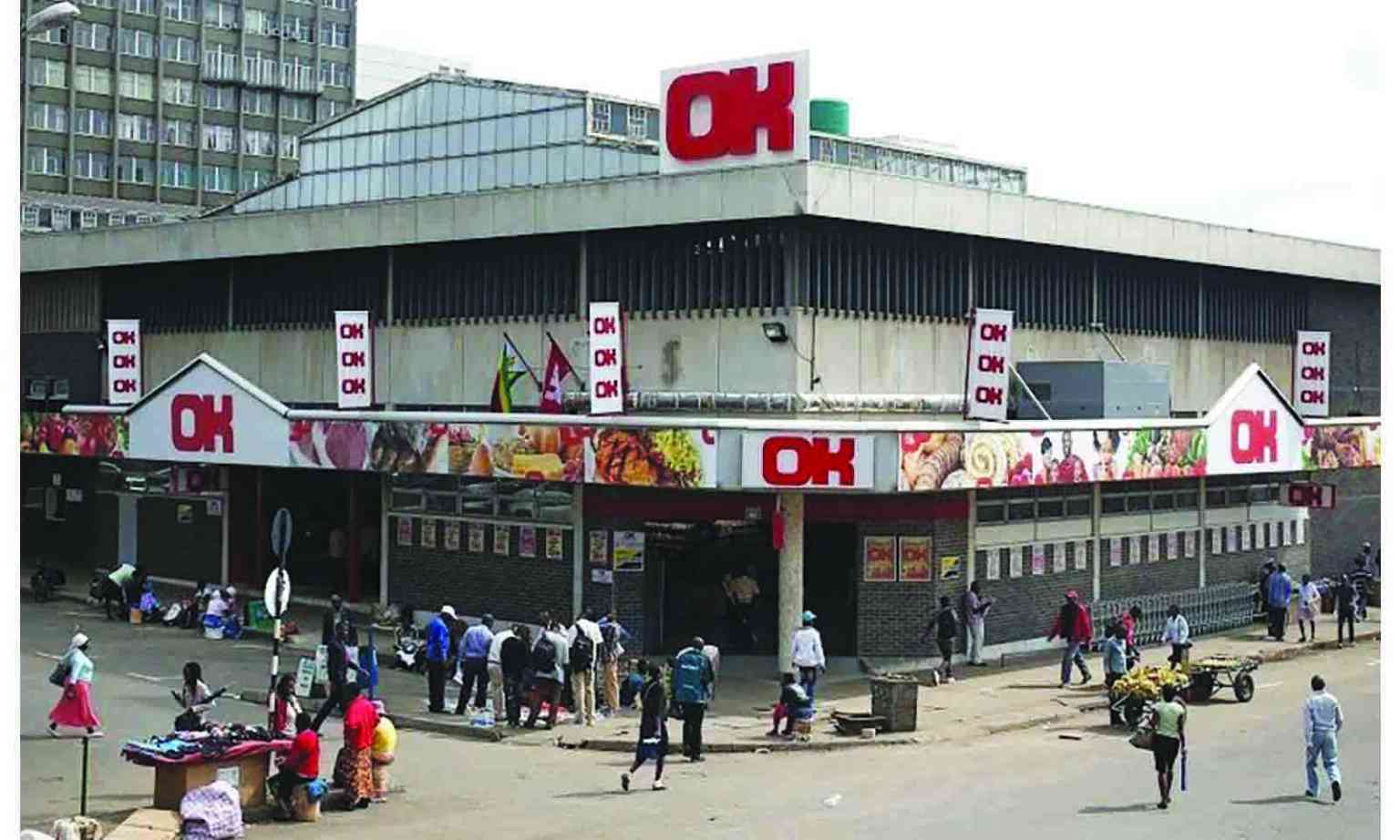
ZIMBABWE is facing a critical financing challenge in its quest to achieve sustainable development. According to the African Development Bank (AfDB), the country will until 2030 require US$3,7 billion annually to fund critical interventions. AfDB says from 2030 to 2063, the country will require much bigger financial interventions to meet its goals. .
With long-term offshore financing requirements exceeding US$10 billion — particularly in infrastructure, energy, and mining — Zimbabwe must urgently address its economic constraints to attract investment and stimulate growth. The country’s high-risk status and limited access to credit remain major obstacles. Restructuring debt, improving transparency, and re-engaging with international financial institutions are crucial steps to rebuild credibility.
Fiscal constraints further complicate the situation, with a bloated public wage bill consuming about 45% of expenditure, crowding out productive investment. Rationalising spending, enhancing revenue collection through digitisation, and reducing inflation-driven fiscal pressures are necessary to create fiscal space for development.
Weak institutional frameworks, including regulatory complexity and weak enforcement of property rights, continue to deter private investment. Strengthening legal protections, streamlining bureaucracy, and improving governance will be key to restoring business confidence. Zimbabwe must also leverage its natural resources more effectively by attracting private investment through transparent public-private partnerships, particularly in mining and agriculture, to move beyond raw exports and into value-added production.
Regional and global opportunities, particularly the African Continental Free Trade Area, offer a pathway for Zimbabwe to expand its export markets. Aligning trade policies with regional best practices in logistics, tariffs, and land governance will enhance competitiveness.
Additionally, financial sector stability must be prioritised by deepening capital markets, improving access to long-term affordable financing, and maintaining disciplined currency management to reduce borrowing costs. Energy and infrastructure remain critical bottlenecks. Chronic power shortages and outdated transport networks increase business costs and deter investment. Fast-tracking renewable energy projects, such as solar and hydro, while modernising railways and ports, should be a top priority to unlock productivity.
The southern African nation must also tackle the pervasive issue of corruption. Without confronting this scourge, attracting substantial foreign direct investment will remain an uphill battle.
Zimbabwe, particularly under the Second Republic, has gained notoriety for targeting journalists, further damaging its global reputation. If the country hopes to be taken seriously by investors, these repressive practices must end.
- Mavhunga puts DeMbare into Chibuku quarterfinals
- Bulls to charge into Zimbabwe gold stocks
- Ndiraya concerned as goals dry up
- Letters: How solar power is transforming African farms
Keep Reading
The AfDB’s report underscores the need for coherent reforms, stronger institutions, and collaboration between government, the private sector, and development partners.
Zimbabwe’s path to sustainable growth demands bold action — fiscal discipline, improved governance, and strategic use of its resource wealth.
The time for decisive action is now.











